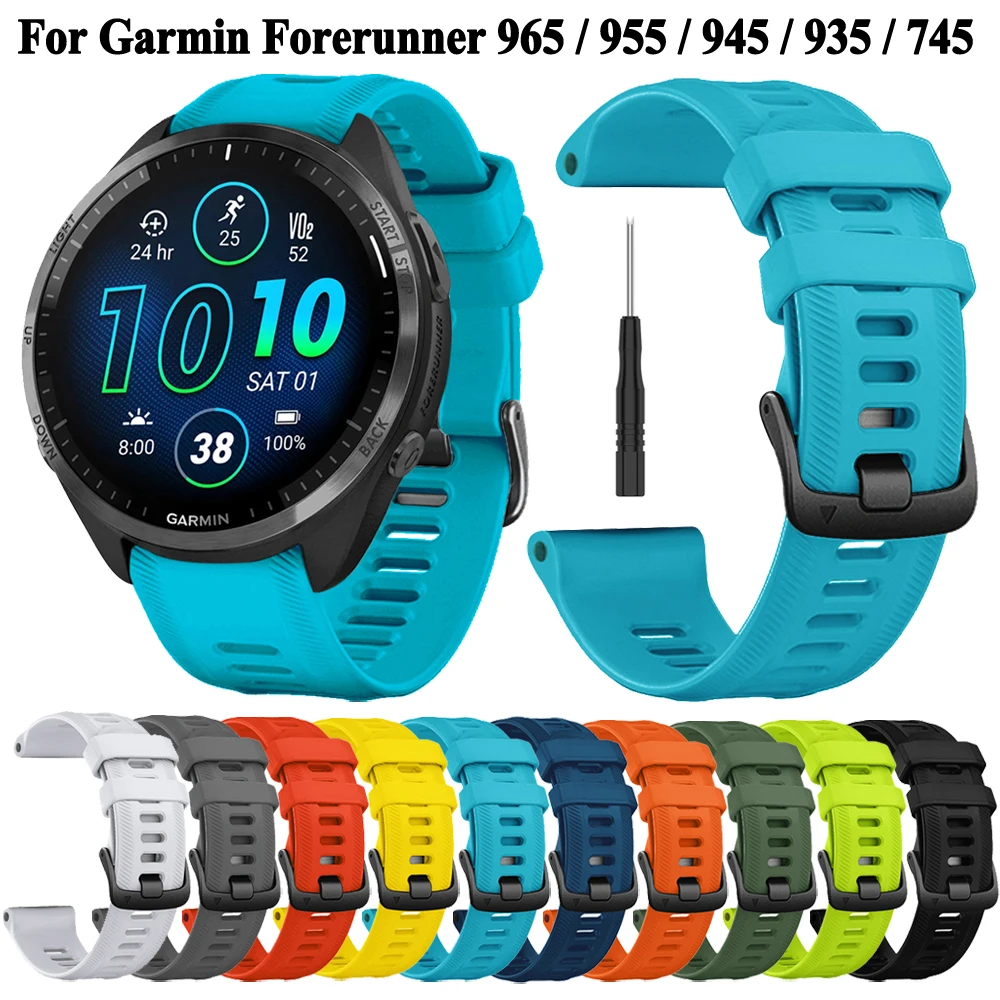What does my body need for a 100 km run?
Running a 100 km is a significant physical challenge that requires proper preparation and fueling to ensure your body has the energy and resources it needs to complete the distance. Here's what your body needs for a 100 km run:
Carbohydrates: Your primary energy source during a long run. Aim to consume 6-10 grams of carbohydrates per kilogram of body weight daily in the days leading up to the run.
Hydration: Staying hydrated is crucial. Drink plenty of fluids before, during, and after the run, especially water and electrolyte drinks.
Electrolytes: Electrolytes (sodium, potassium, chloride) help maintain fluid balance and muscle function. Supplement with electrolyte drinks or sports gels.
Protein: Protein helps repair and rebuild muscle tissue. Aim for 1.2-1.7 grams of protein per kilogram of body weight daily.
Fats: Fats provide sustained energy and help absorb vitamins. Include healthy fats in your diet, such as nuts, avocado, and olive oil.
Rest: Rest is essential for recovery and muscle growth. Get adequate sleep in the days leading up to the run.
Related Questions
- What foods should I avoid before a 100 km run?
- How do I taper my training before the run?
- What gear is essential for a 100 km run?
- How do I prevent injuries during a 100 km run?
- What is the best way to recover after a 100 km run?
Related Hot-Selling Products
- Garmin Forerunner 955
- Brooks Ghost 15 Running Shoes
- Nuun Sport Electrolyte Drink Tablets
- Clif Bar Energy Bars
- Theragun Mini Massage Gun
Pre:Brisk walking for half an hour is equivalent to how many minutes of jogging and how many minutes of swimming
Next:Is rucking better than jogging


















